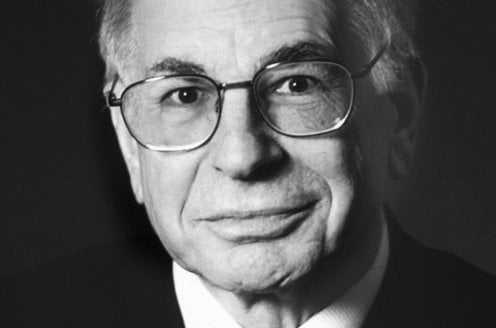Behavioural Economics
The economic theory of expected utility maximization says that people will act out of rational self-interest. But psychologist Daniel Kahneman showed that it is incorrect.
- Common cognitive biases cause people to use faulty reasoning to make irrational decisions, such as the anchoring effect, the planning fallacy, and the illusion of control.
- People make decisions by using irrational guidelines such as perceived fairness and loss aversion, which are based on feelings, attitudes, and memories.
- People tend to use general rules, such as representativeness, to make judgments in contradiction to the laws of probability.
596
4.54K reads
CURATED FROM
IDEAS CURATED BY
The idea is part of this collection:
Learn more about economics with this collection
Ways to improve productivity
Strategies for reducing stress
Tips for managing email overload
Related collections
Read & Learn
20x Faster
without
deepstash
with
deepstash
with
deepstash
Personalized microlearning
—
100+ Learning Journeys
—
Access to 200,000+ ideas
—
Access to the mobile app
—
Unlimited idea saving
—
—
Unlimited history
—
—
Unlimited listening to ideas
—
—
Downloading & offline access
—
—
Supercharge your mind with one idea per day
Enter your email and spend 1 minute every day to learn something new.
I agree to receive email updates
